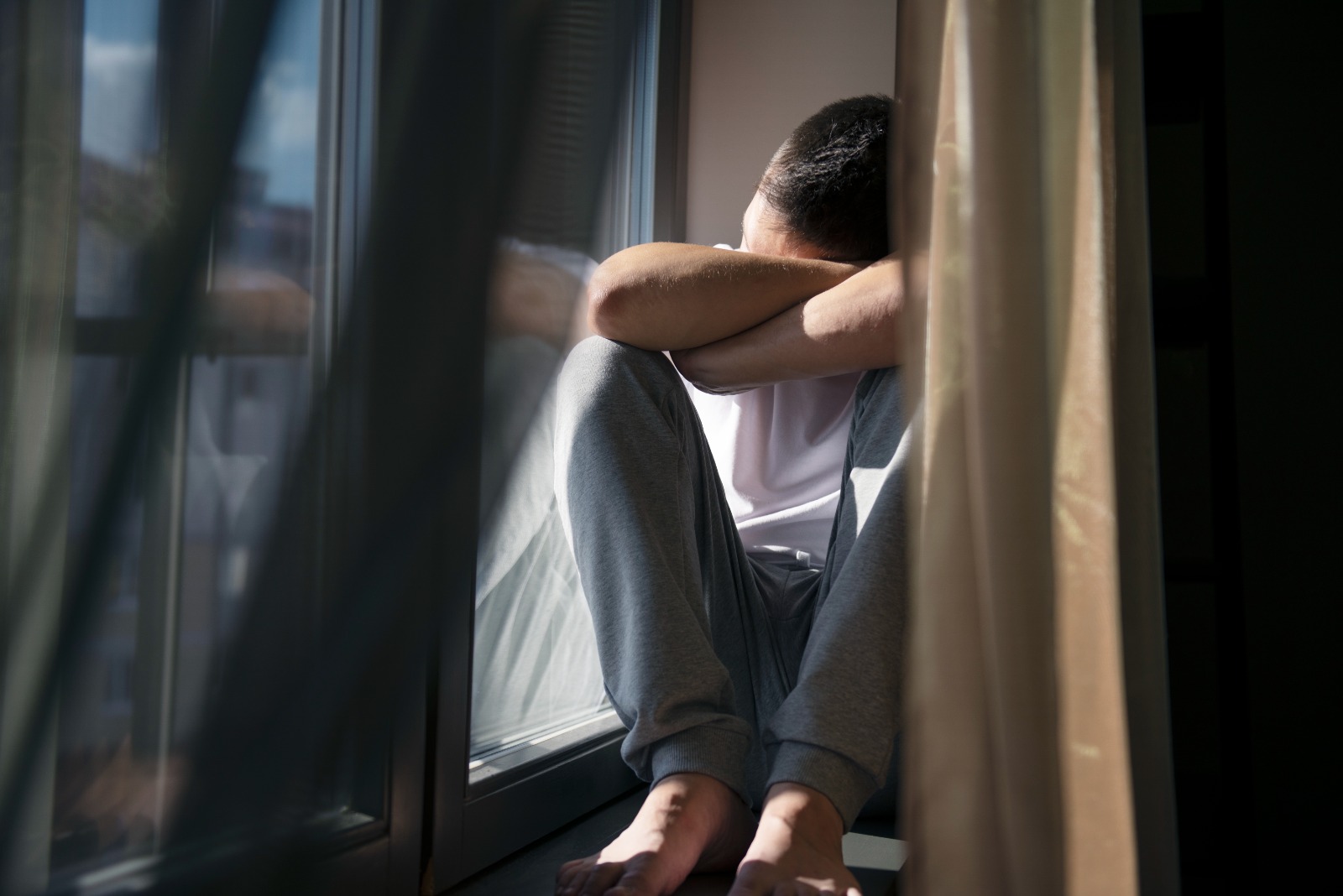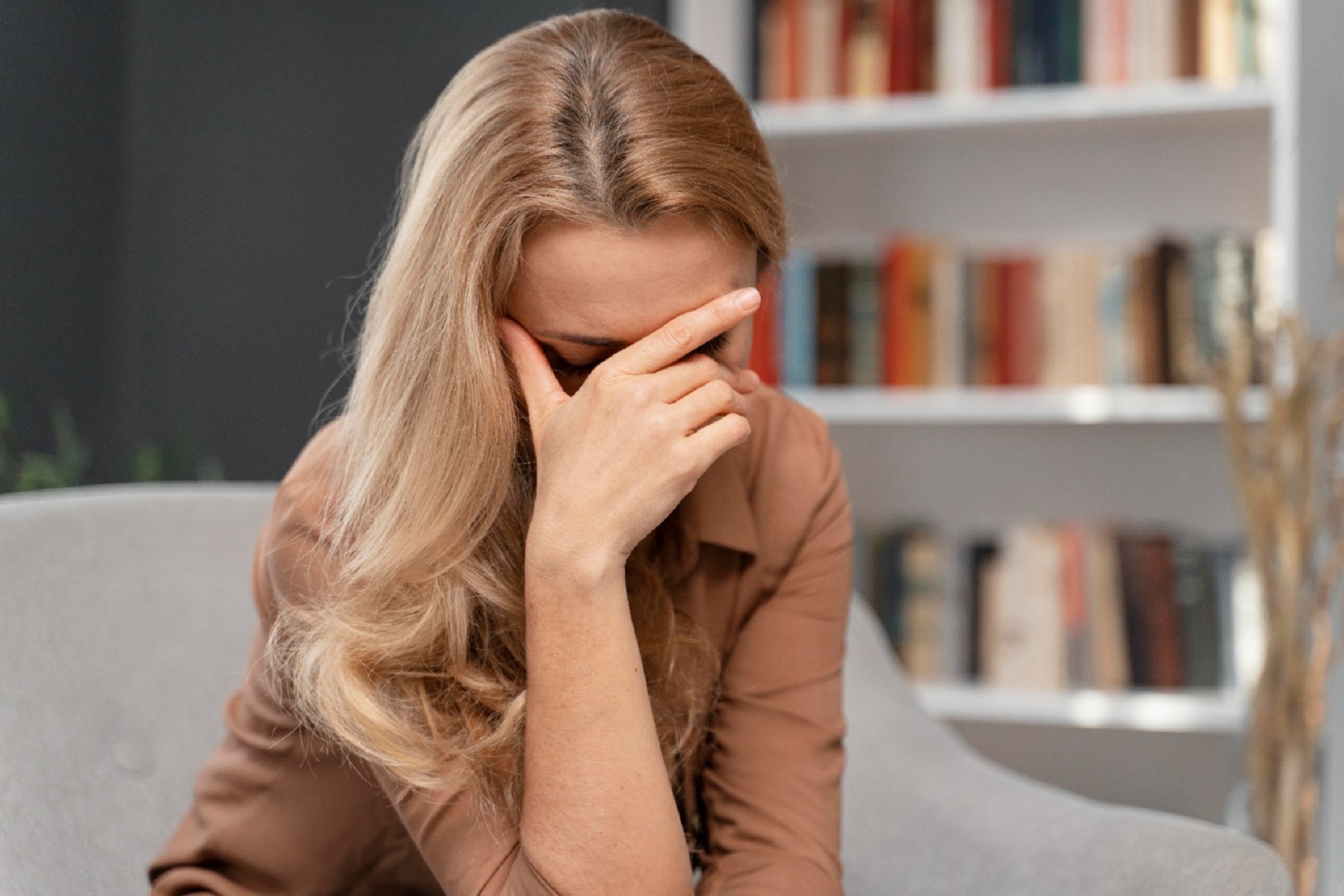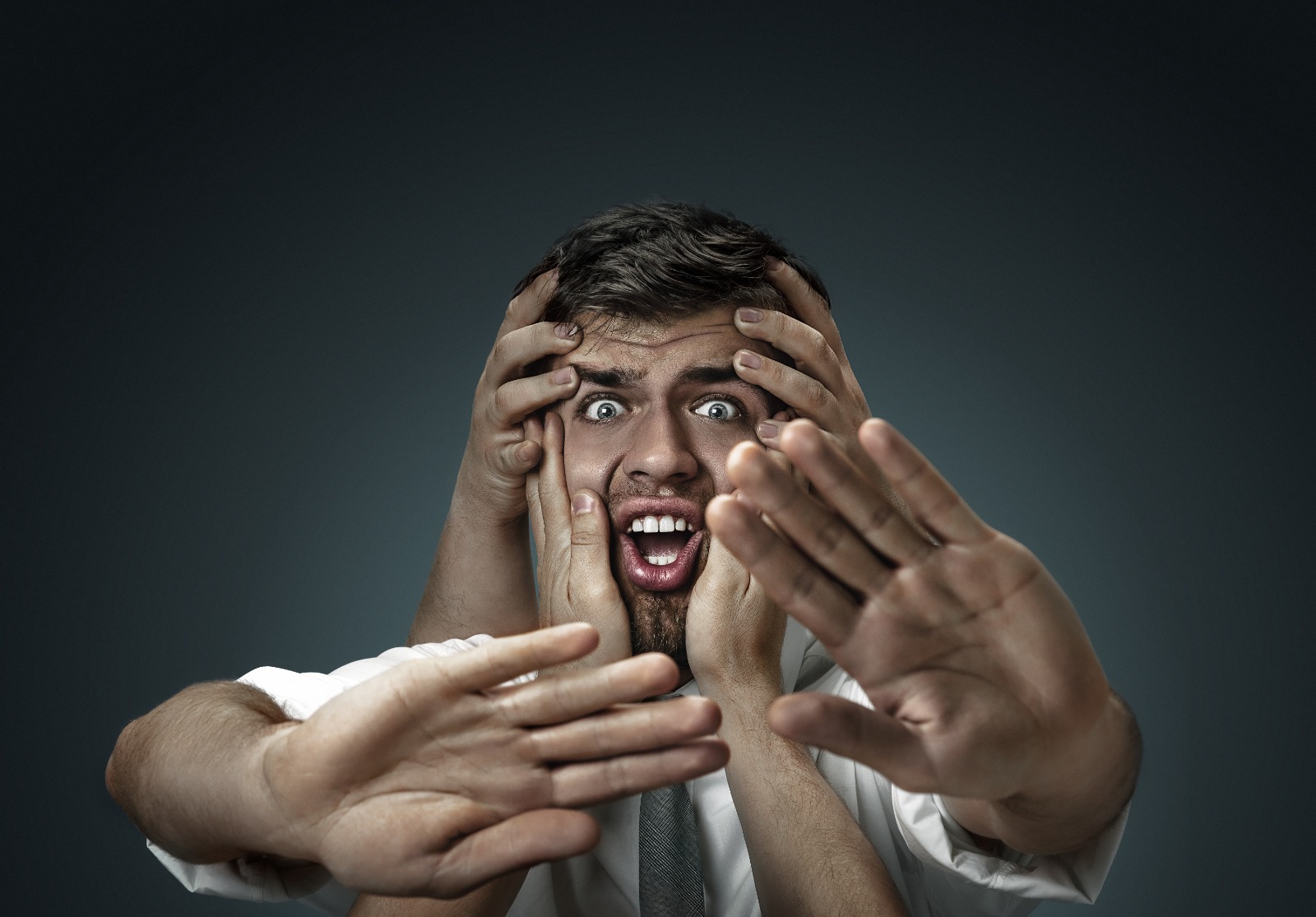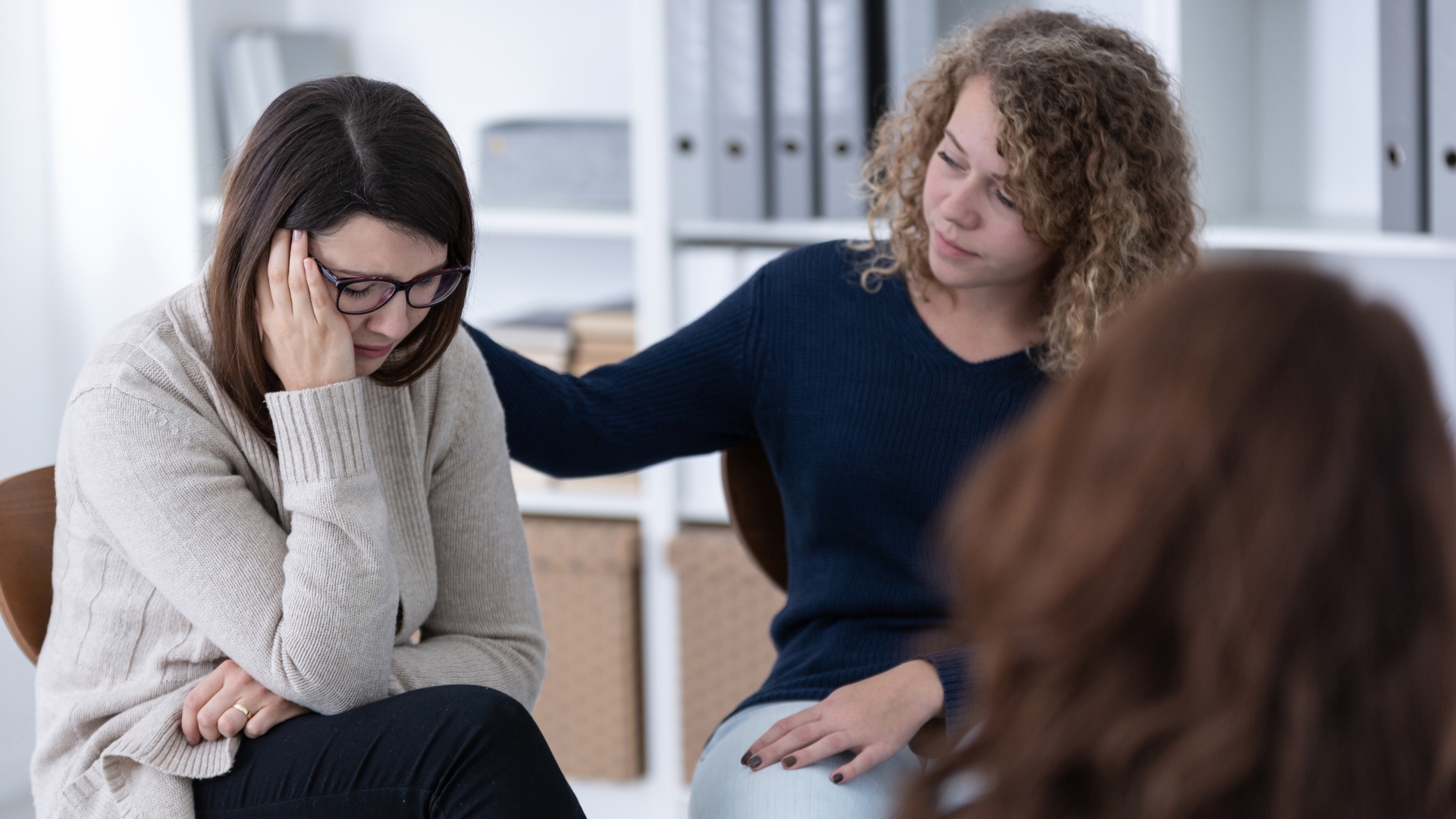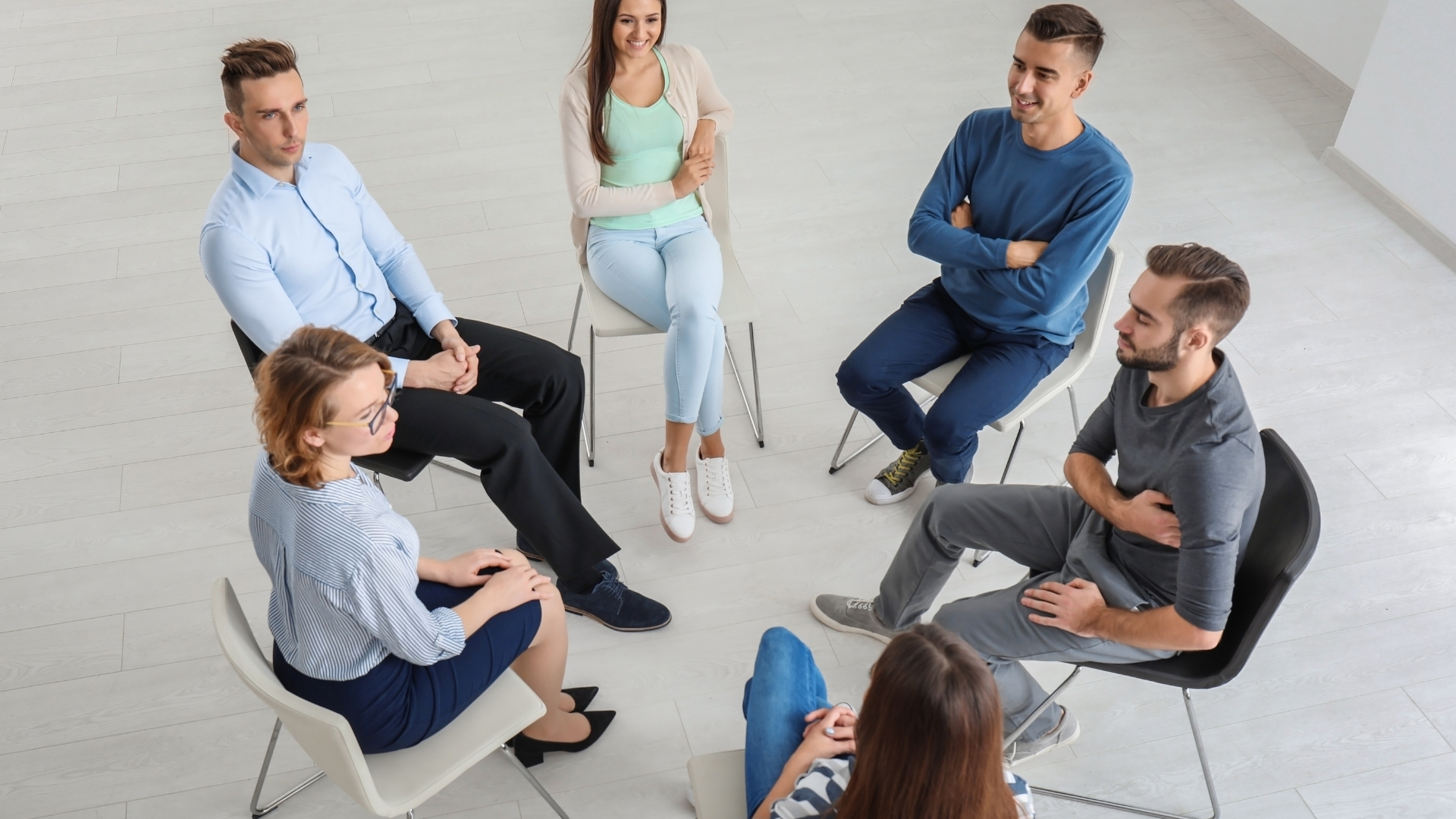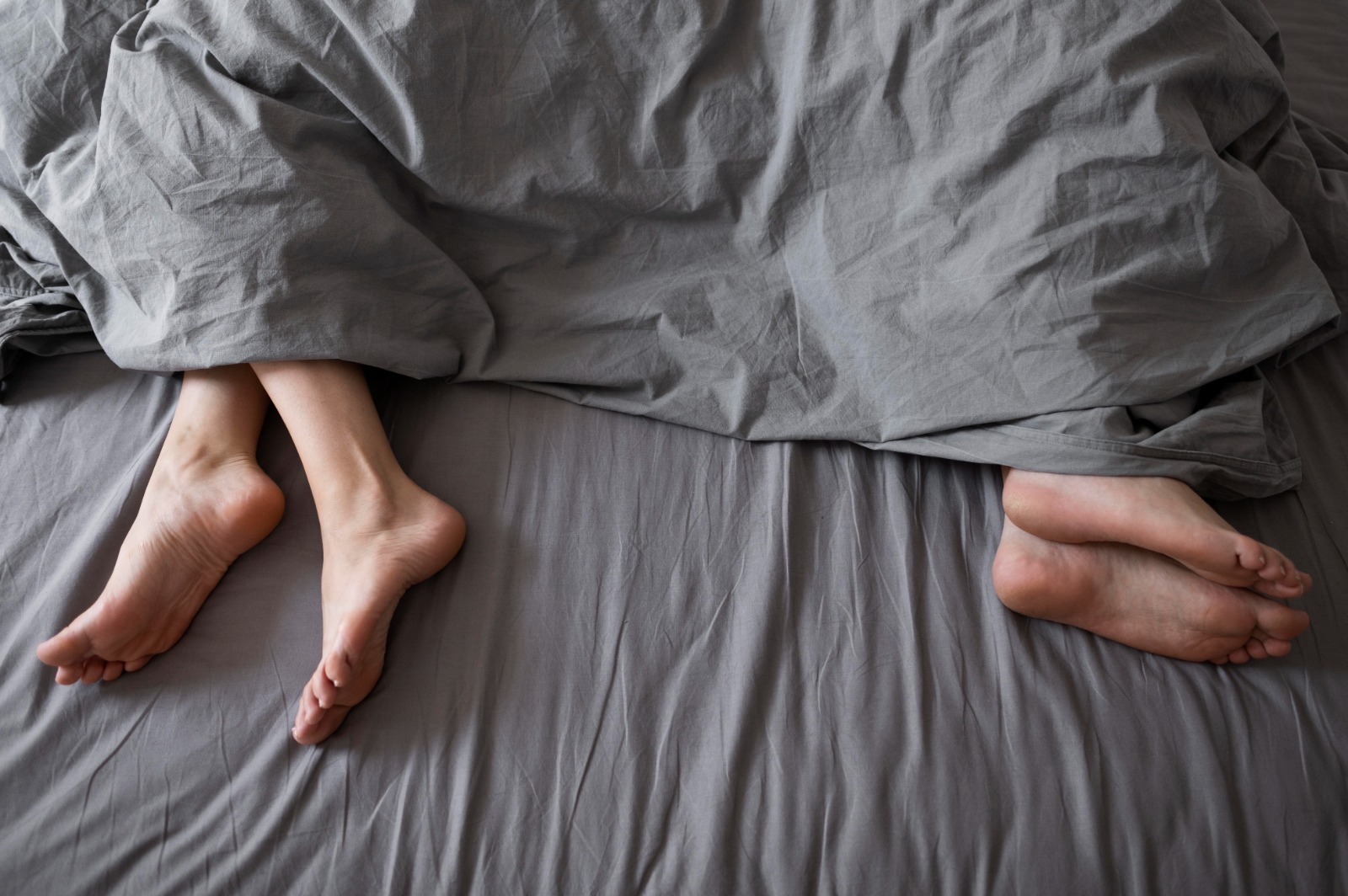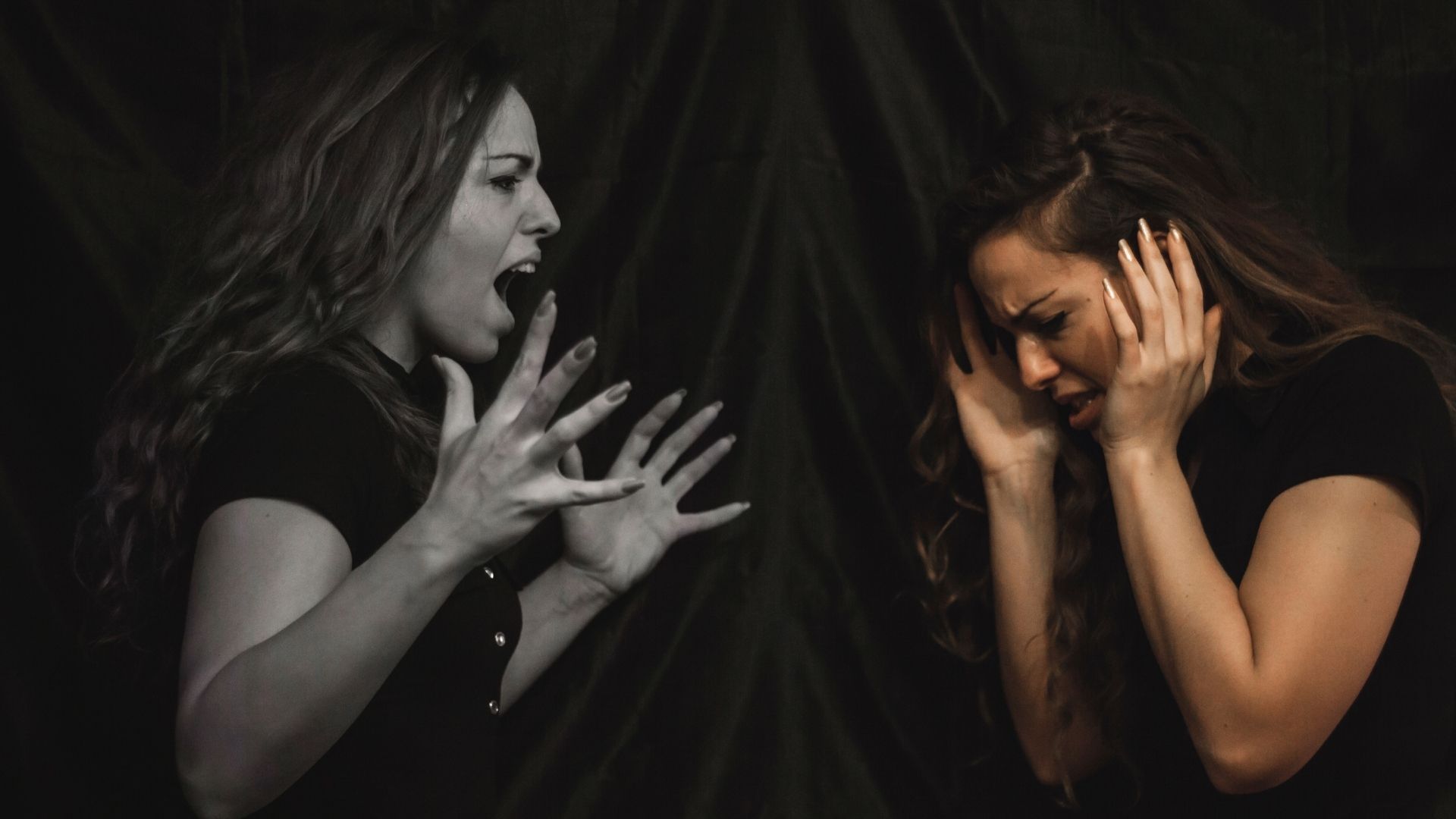Specialist Dr. Yaprak Arslan Psychiatrist & Psychotherapist
İzmir Psikiyatrist
İzmir Psikoterapist
izmir Psikolog
Psikiyatrist
Psikoterapist
Psikolog
Major Depression
Generalized Anxiety Disorder
Social Phobia
Panic Attack
Obsessive Compulsive Disorder OCD
(ADHD) Attention Deficit Hyperactivity Disorder
Bipolar Disorder
Depression Treatment
Supportive Psychotherapy
EMDR
Sex Therapy
Schizophrenia and Other Psychotic Disorders
Social Phobia

Today, social interactions play an important role in both our personal and professional lives. However, for some people, social interactions can be a source of intense anxiety. Social phobia, or social anxiety disorder, is a common psychological disorder that causes an individual to feel intense fear and anxiety in social situations.
What is Social Phobia?
Social phobia is characterized by intense anxiety in social situations or performance situations due to fear of being humiliated, judged, or rejected. This anxiety can be severe enough to interfere with daily activities and limit an individual's social life. Social phobia is more serious than just shyness or timidity; it can seriously affect a person's quality of life.
Symptoms
•
• Intense anxiety and worry in social situations
• Fear of negative evaluation
• Avoidance of social activities
• Feelings of self-deprecation or shame may be accompanied by physical symptoms such as
• Rapid heartbeat
• Sweating
• Tremors
• Shortness of breath.
Causes
Although the exact cause of social phobia is not fully known, it is thought that genetic, environmental and psychological factors play a role together:
• Genetic Factors: Individuals with a family history of social phobia or other anxiety disorders may be at higher risk of developing social phobia.
• Brain Structure: Overactivity in certain areas of the brain, especially the amygdala, which is associated with fear and anxiety, may increase the risk of social phobia.
• Environmental Factors: Experiences such as childhood trauma, bullying, being made fun of, or overprotective parenting may also play a role in the development of social phobia.
Ways to Cope
Coping with social phobia can be difficult, but the following methods can make the process easier:
1. Psychotherapy: Cognitive behavioral therapy (CBT) is the most commonly used method to treat social phobia. This therapy helps an individual identify and change negative thought patterns.
2. Medication: In some cases, medications such as antidepressants and anxiolytics can relieve the symptoms of social phobia.
3. Self-Help Techniques:
• Mindfulness and Meditation: Can help you live in the moment and manage anxiety.• Deep Breathing and Relaxation Exercises: Can reduce stress and anxiety.• Support Groups: Sharing with individuals who have similar experiences can reduce feelings of loneliness.
Social phobia is a serious disorder that can negatively affect an individual's life. However, with awareness and the right treatment methods, it is possible to cope with this disorder, and asking for help is the first step to recovery.
Psikiyatrist & Psikoterapist

